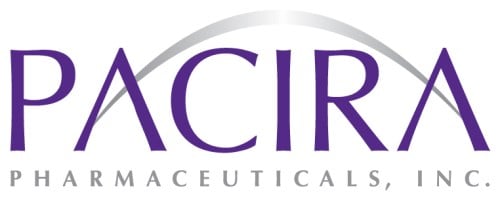 Courtesy of Choices Matter
Courtesy of Choices Matter
Brought to you by:

Choices Matter is a campaign designed to improve the dialogue between patients and surgeons related to postsurgical pain management – many patients are still unaware that they have choices. The goal is to educate, empower and activate patients, caregivers and physicians to proactively discuss postsurgical pain management, including non-opioid options before surgery.
Over the past year, America’s struggle with the growing opioid epidemic has swept national headlines. New reports estimate 78 people die every day in the U.S. from overuse of opioids(1). Surgery has become an unintentional gateway to this tragic epidemic. As part of the Choices Matter campaign, a national survey(2) was conducted to shed light on patient and clinician perceptions and experiences with opioids:
- One-in-three patients who delayed getting surgery did so because they were concerned about postsurgical pain; about one-in-four were worried about taking opioids to manage pain.*
- One-in-10 postsurgical patients prescribed an opioid reported becoming addicted to or dependent on the drug.
- 91 percent of surgeons feel pressure to prescribe more opioids than patients actually need; one reason cited is the desire to score high on patient satisfaction surveys that can impact hospital and doctor payments.
- With 70 million surgical patients in the U.S. receiving an opioid annually, the findings suggest as many as 7 million patients could develop an addiction or dependency.
The Choices Matter campaign features professional athlete and television personality Gabby Reece. Gabby recently had her own knee replacement surgery without the help of prescription opioids, which made Choices Matter an especially relevant and timely campaign for her.
I wanted to be as informed as possible before my surgery – pain management was an important topic of conversation for me because I didn’t want to rely on opioids. That’s why I was grateful to learn there are non-opioid options that can effectively control pain after surgery.
For more information and to download a helpful discussion guide to facilitate conversations about non-opioid options with your doctor visit www.PlanAgainstPain.com.
1) https://www.cdc.gov/drugoverdose/epidemic/
2) The survey polled 500 adults in the U.S. who had an orthopedic or soft tissue surgery in the past 12 months and 200 U.S. surgeons who perform these procedures. It was conducted by Wakerfield Research on behalf of Pacira Pharmaceuticals, Inc.
*Small base size. Findings are directional.



